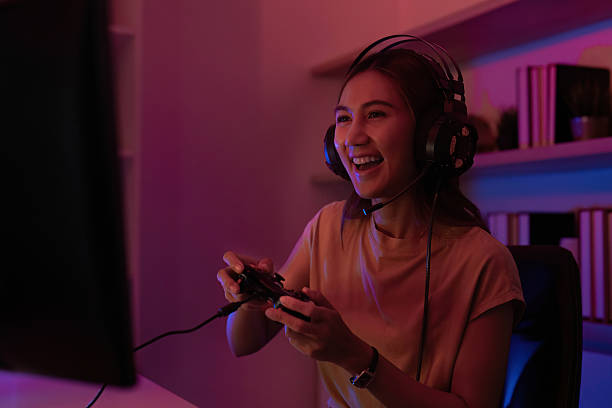
Multiplayer action games have become a powerful medium for fostering teamwork and strengthening relationships. Whether you’re teaming up with friends or strangers from across the globe, these games create opportunities to collaborate, strategize, and build mutual trust. Unlike solo gaming experiences, action games that require team coordination offer unique challenges that can transform casual interactions into deep, lasting connections. The experience of working toward a common goal in high-stakes scenarios brings players closer together, enhancing communication and problem-solving skills that extend beyond the virtual world.

One of the main benefits of multiplayer action games is that they encourage players to communicate effectively. In games like Overwatch, Fortnite, or Rainbow Six Siege, players must rely on each other’s skills and coordinate their actions to succeed. This constant communication, whether it's through voice chat or in-game signals, is crucial for victory. Over time, teammates learn how to interact with each other in the most efficient way, fostering a sense of shared responsibility and camaraderie. By working together to strategize, players strengthen their ability to communicate in high-pressure situations, an invaluable skill in both gaming and real-life interactions.
Additionally, the teamwork required in action games helps players develop empathy and trust. In many multiplayer games, players rely on each other to cover weaknesses, share resources, and provide backup during intense moments. These interactions teach players how to trust others’ abilities and how to offer support when needed. This mutual dependence, when cultivated in a virtual environment, often translates into stronger friendships. Players begin to understand that success isn’t just about individual performance but about working together to overcome challenges.
In team-based action games, there’s also a natural sense of accountability. When working as part of a team, every player has a specific role or responsibility, whether it’s leading the charge, holding down a position, or providing strategic support. Knowing that other players are counting on you builds a sense of accountability, which in turn strengthens the bonds within the team. The shared experience of winning or losing as a group creates a strong sense of unity that can translate into lasting relationships, both inside and outside of the gaming world.
The social aspect of multiplayer gaming is another way it helps strengthen bonds. Playing action games in a group setting provides an opportunity for shared experiences, laughter, and lighthearted moments. Even after a tough loss, the camaraderie that forms over shared frustration or success allows players to connect on a deeper level. This social engagement, coupled with the thrill of competition, fosters friendships that extend beyond the game itself, leading to long-term relationships both in the gaming world and in real life.
Moreover, multiplayer action games have become a gateway for building diverse, global communities. Players from all walks of life, backgrounds, and cultures come together through the shared love of action games, creating a space where people can connect despite geographic barriers. This global aspect of multiplayer gaming encourages openness and the exchange of different perspectives, making the bonds formed through action games even richer. Players who may never have met in real life can develop close relationships through the shared experiences of gaming.